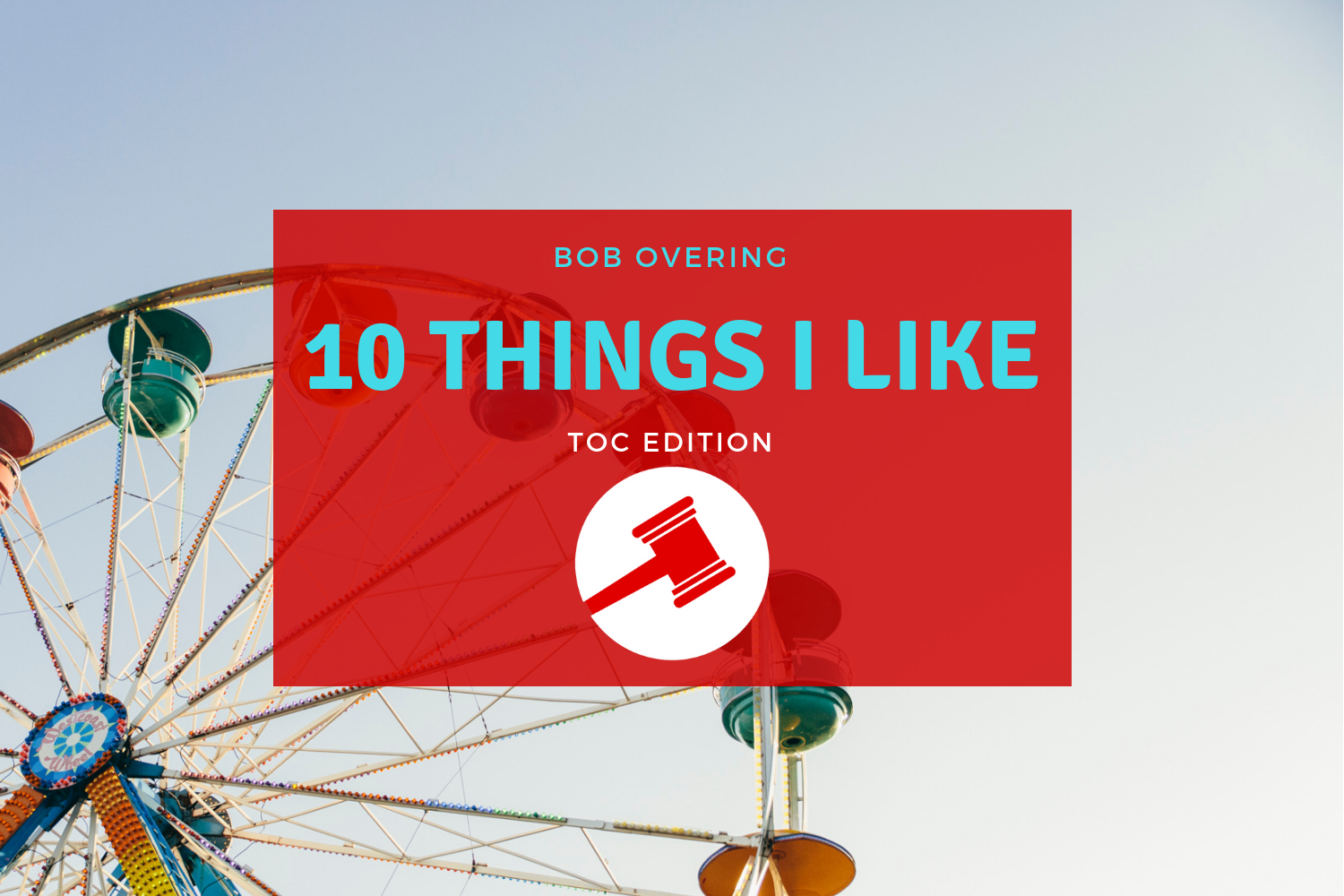Debate For All: Intro to Metaethics

Introduction to Metaethics
by Marshall Thompson
Metaethics (or meta-ethics) can be most easily understood in relation to ‘normative’ and ‘applied ethics.’ The field of normative ethics asks questions about what are the moral principles by which I should live my life. When, if ever, is it alright to lie? How strong is my obligation to give to those in need? Under what conditions should I turn in a friend? Applied ethics uses those principles and applies them to specific contexts and situations to understand the way those implications work themselves out within various human practices. Thus, a normative theory, like deontology, may say that I should not use humans as a mean to an end. An applied ethicist may then take that principle and attempt to figure out what that means for a business person; is it ethical to outsource jobs or run misleading commercials?
There is a third common type of question about ethics. Questions like ‘how do I know what is ethical?’ ‘Do human being have free will,’ or ‘are God’s commands necessarily good?’ These questions all fall under the realm of ‘metaethics’ as they are assumptions that underpin or interact with the claims of a normative ethical theory.
While this division is not particularly precise, it is an extraordinarily useful way to understand and sort through ethical claims made in a debate round. Consider an analogy to the world of the sciences (admittedly, I know almost nothing about the sciences and am just making up the way that scientists work for the purpose of the illustration). Some physicist spend their times trying to determine physical laws (E = mc2, F= ma, The Second Law of Thermodynamics). While some physicist work on those problems, others attempt to apply that work to concrete contexts (robotics, landing on the moon, launching missiles). The work of the first group corresponds to normative ethics, the second to applied ethics. However, there are still other questions that physicists need answers to. What makes one theory better than another (elegance, simplicity, predictive accuracy, explanatory power?) and how do we define and understand those criteria? What are physical laws? Can chemistry be reduced to physics? What is the best way to conduct an experiment? All of these questions are not answered by physics or engineering. They are instead background questions about which scientists make various assumptions (sometimes justified, sometimes not).
Ethical theory has all those same background questions and assumptions (what makes one ethical theory better than another? What are ethical laws? Can moral rules like ‘don’t steal’ be reduced to some broader command like the golden rule? What is the best way to study ethics?). Metaethics is simply the project of studying, defining and defending those background assumptions.
Every ethical framework run in debate makes a host of metaethical assumptions. If you say utilitarianism is better than deontology because it treats all humans as morally equal, you are making metaethical assumptions like ‘all humans are morally equal,’ ‘if an ethical theory better respects that equality then the theory is better,’ ‘human beings can be added and compared as collective groups,’ ‘equality is respected through equalizing experiences.’ While the earlier assumptions are totally reasonable and almost impossible to reasonably contest, the later assumptions are far less certain. You as a debater should therefore be ready to defend those metaethical assumptions, especially as a clever framework debater could easily make those the focus of her criticism.
Metaethics also provides a useful framework by which you can identify lines of attack against your opponent’s framework. Suppose you know your opponent’s framework (let’s say it’s about proportional punishment) assumes human beings have free-will, your framework on the other hand (deterring crime), does not presuppose free-will. Given that, you can use arguments that free-will does not exist as a powerful tool to answer your opponent’s framework. If you win that there is no such thing as free-will, then only your framework is functional. However, if your opponent wins that there is such a thing as free-will that does not win them the framework debate because your ethical theory can still operate even if free-will is real. Knowing, the metaethical assumptions of your and your opponent’s framework make helps clarify what assumptions about the world you need to actually defend as true, and what you can let slide or concede in your opponent’s framework.
From a strategic perspective, metaethics are commonly used in debate to act as constraints on frameworks and framework warrants. For example, I may present a metaethical claim that the basis for proper moral reasoning is in Kantian practical reasoning or in subverting oppressive power structures. Take the second example as it is somewhat clearer. If I win that, for various epistemic and methodological reasons, the project of ethical theory should be first oriented towards resisting oppression, then even if my opponent wins that their ethical theory is super elegant, was commanded by God, or has all sorts of other desiderata; I can argue that none of that matters because none of those desiderata are actually helpful in accomplishing the first goal of ethical theorizing.
This highly strategic dimension has caused many debaters to horribly abuse the concept of metaethics for the sake of an easy win. It is not uncommon for debaters to make claims like ‘you do not have a metaethical warrant.’ When what they really mean is ‘your ethical method is different from mine.’ They equate their particular project (for instance requiring that ethical reasoning be grounded in some undoubtable and absolutely certain premise) with the project of metaethics more broadly so as to avoid having to actually defend their philosophical methodology as correct. You will want to watch out for these sorts of conflations especially when trying to engage in debates about metaethics.
I am told that further articles will be put online, through Debate For All, to explain in greater detail some of the more common areas of metaethical study. However, I will briefly describe some of the most common questions within those areas (especially within the context of debate rounds).
Epistemology (the study of knowledge and how we know things): A lot of the metaethical arguments made within the context of epistemology focus on how it is that humans do make choices, and how we can make those decisions more accurate. For instance, the claim that all arguments need to start with unjustified intuitions could be used to justify intuitionism. Likewise, the claim that certain social biases influence thinking may provide a strong reason to prefer the moral testimony from someone with a less biased social or cultural starting point.
Philosophy of language: Probably the most common question about philosophy of language in LD debate concerns what are moral statements. If I say ‘you ought to go to the store,’ is that a statement that can be true or false like ‘you are ten feet tall?’ Or instead is it a statement that is not subject to evaluations of truthfulness? ‘Hurray for stores’ (emotive expression) or ‘go to the store’ (issuing a command) are all uses of language which we affirm or negate based on criteria other than truthfulness. Moral statements thus could be statements of fact, expression of emotion, commands or something else. Understand what moral statements are may constrain what sort of ethical theories can adequately account for that claim (for greater detail on these arguments see the Stanford Encyclopedia of Philosophy article on Moral Cognitivism vs. Non-Cognitivism).
Metaphysics (the study of ‘reality,’ so stuff like ‘what is time’ or ‘does God exist’): One major metaphysical question is if moral statements are mind-independent (moral realism) or are mind-dependent (constructivism). Do human minds give rise to morality, or is it something that holds even without humans (like 2 + 2 = 4).
Nature of Persons (what is the nature of human persons as ethical subjects): This category really falls as a subset under metaphysics. It asks questions like ‘do humans have free-will,’ ‘what makes me the same person I was 10 years ago,’ ‘why am I responsible for my prior actions,’ ‘in what way are we social/communal creatures,’ and ‘what is the structure of human action.
There is huge amounts of literature on various metaethical theories, as well as their implication on various normative accounts of morality. Greater familiarity with these ideas will provide a lot of useful tools for winning the standard within a debate round. The cool thing about meta-ethics though, is it is essentially just ‘other philosophy’ applied to ethical questions. Thus, if you are trying to figure out what to research, just start with a topic you are interested in. Maybe you are curious about if humans have free will, the relation of God’s commands to morality, what knowledge is or else something entirely different. But just start reading about a philosophical question you find fascinating and it should at some point provide a useful overlap with metaethical literature more broadly.



